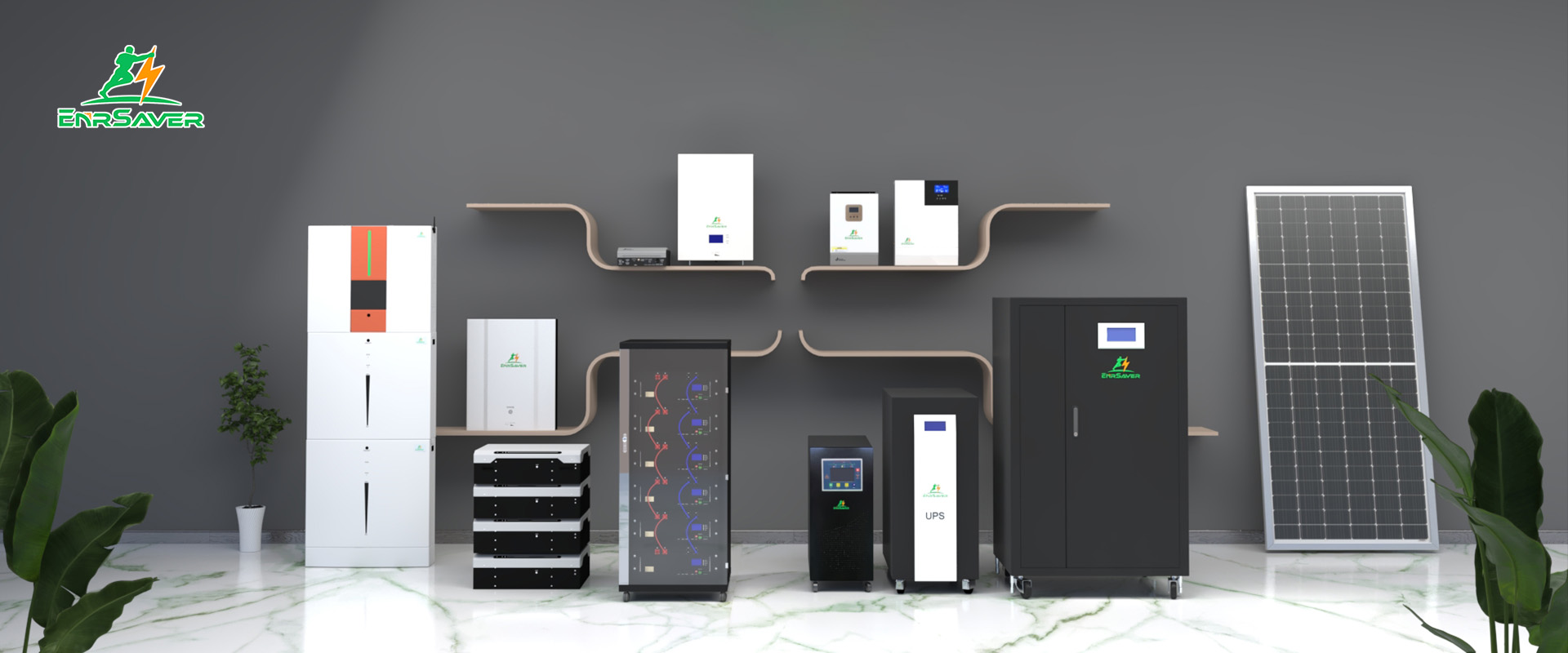What issues should be paid attention to when installing a home solar system
What issues should be paid attention to when installing a home solar system
When installing a home solar system, there are several important issues that should be considered and paid attention to:
1. Sun exposure:
Ensure that the location where you plan to install the solar panels receives an adequate amount of sunlight throughout the day. Shading from trees, buildings, or other obstructions can significantly reduce energy production.
2. Roof condition:
Assess the structural integrity of your roof to ensure it can support the weight of the solar panels. If necessary, consult with a professional to conduct a thorough inspection.
3. Permits and regulations:
Research local regulations, permits, and building codes governing the installation of solar systems in your area. Compliance with these rules is crucial to avoid legal issues and ensure safety.
4. Installation angle and direction:
Optimize the angle and direction of the solar panels for maximum sun exposure. In the northern hemisphere, facing the panels south at an angle equal to the latitude is a general guideline. However, depending on your specific location, the optimal orientation may vary.
5. Inverter location:
Install the inverter in a well-ventilated area away from direct sunlight and excessive heat. Adequate ventilation helps maintain its efficiency and prolong its lifespan.
6. Electrical safety:
While installing the solar system, adhere to electrical safety guidelines, including proper grounding, fusing, and circuit protection. It's recommended to consult with a professional electrician if you are unsure about any aspect of the electrical work involved.
7. Maintenance and cleaning:
Regularly clean the solar panels to remove dirt, dust, and debris that may reduce their efficiency. Check for any damaged or loose wiring, connections, or mounts. Follow manufacturer recommendations for maintenance and schedule professional inspections, if required.
8. Monitoring and performance:
Set up a monitoring system to track the performance of your solar system. This allows you to detect any issues early on and ensure it is operating at its optimum efficiency.
9. Warranty and service:
Understand the warranties provided by the solar panel manufacturer, inverter manufacturer, and installation company. Familiarize yourself with the terms and conditions, and keep all relevant documentation for future reference.
10. Insurance coverage:
Contact your homeowner's insurance provider to ensure your system is adequately covered. Some policies may require additional coverage for the solar installation.
By paying attention to these issues, you can ensure a successful installation and long-term performance of your home solar system. Consulting with professionals or seeking guidance from experienced installers can also help address any specific concerns related to your installation.
You can see why the most commonly ask question we get asked here. It's also the most complicated and personal question to answer.
Grab your electric bill, go to our calculator and find the answers for your home.
I hope this was helpful. If so, give us a like a share and check out more of our videos and subscribe to our channel and all the store.
So we can notify you and more videos are available. We've been making renewable doable since 1999.

